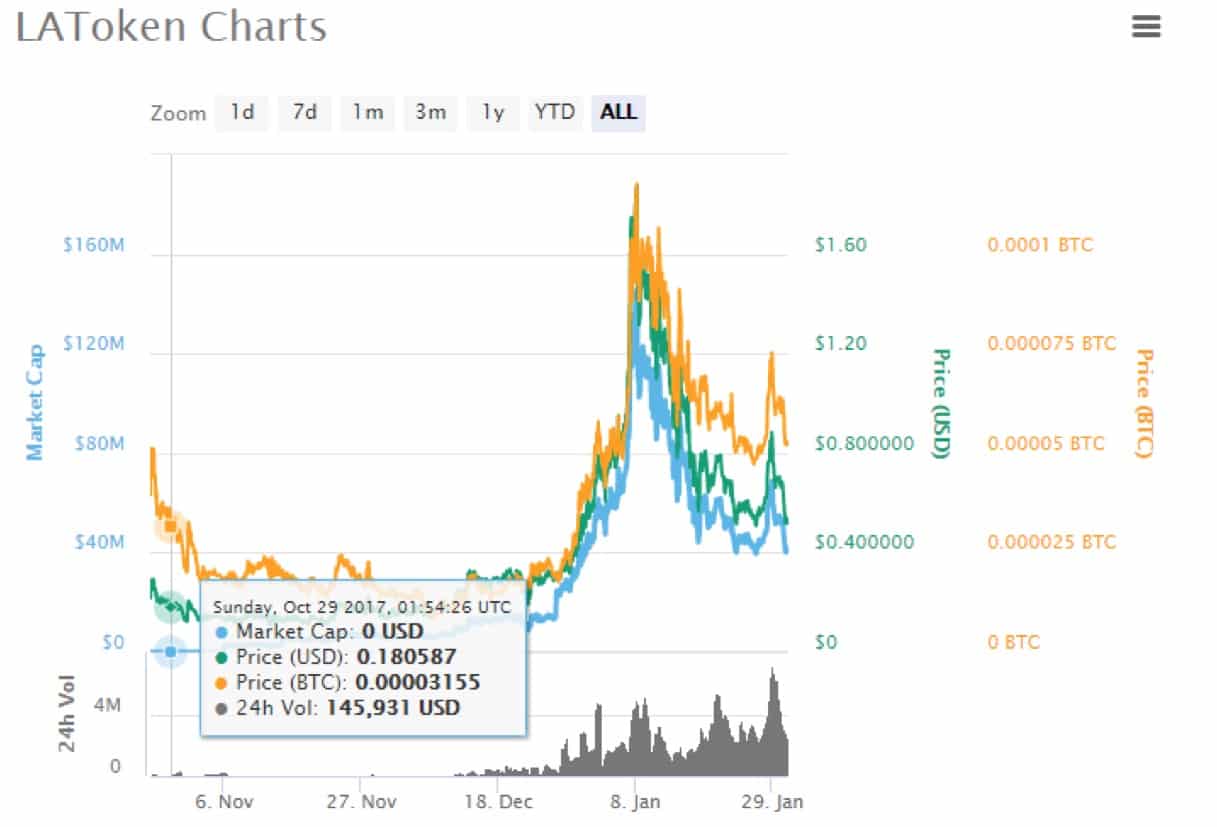The Internet has been an undeniably disruptive force causing massive shifts that have cut across socioeconomic, geopolitical, and all other areas of human endeavors in the last twenty years. As we gradually draw the curtain on the current decade, new buzzwords are starting to surface about how emerging technologies are gearing up to change the direction of human thought in the next couple of decades.
The next two years ahead of 2020 are particularly crucial incubatory years leading up to the emergence of new technological standards that will drive the global economic landscape for the next three decades until 2,050.
An objective review of tech trends suggests that Blockchain technology is about to break out from a phase of early adoption into a phase of mass market adoption – thanks to the hype surrounding Cryptocurrencies such as Bitcoin and Ethereum and their ability to deliver incredible market gains.
Virtual Reality (VR) is also making decent waves as the world starts to pay attention to its potential applications across a wide range of industries. This piece looks at four industries that could find solutions to some of their biggest problems blockchain technology continues to take center stage.
1. Real Estate
The real estate industry is long overdue for change in its systems and processes, but the industry has mostly been stuck on the old order of things – because the old order works, albeit inefficiently. If you want to buy a house, you'll need to find a realtor, get preapproval from your bank, start looking for houses, set up meetings with sellers, go back to your bank, and then wait for the approval and closing to come through.
If your mortgage doesn’t come through, you'll need to start the process again. Blockchain technology can transform global real estate by bringing a new layer of effectiveness and efficiency to the markets.
Blockchain technology can keep immutable records of real estate ownership; hence, you don’t really need a realtor to facilitate a search for properties that fit your financial and location needs. VR technology also makes it easy to conduct home showings, view properties, and talk with sellers of different properties without leaving the comfort of your home. VR viewing can also be used for showings when renting out a property. In addition, Blockchain can be used to draw up smart contracts between landlords and tenants.
LAToken for instance facilitates the use of cryptocurrency in the traditional economy by allowing people to create and sell asset tokens. LAToken is especially useful in the real estate industry because it allows the tokenization of real estate assets for fractional investing. Real estate developers can leverage the LAToken platform to being more retail investors into the real estate market by listing real estate properties and allowing people to buy tokens as stakeholders in the assets.
The best part is that the tokens are tradable and the value of the toke rise as their demand or the value of the underlying asset increases.

2. Music and entertainment
CEEK, a global leader in the creation of virtual reality headsets and VR experiences has introduced a solution that merges blockchain and virtual reality to solve some of the biggest problems in the music industry. Interestingly, a synergy of the emergent Blockchain and VR technologies could cause an unprecedented level of disruption in the music industry even though both technologies are at different points on the adoption curve.
CEEK is working on creating virtual worlds for musicians like Katy Perry, Lady Gaga, U2 and others. CEEK's Virtual Reality Platform and its patented VR headets could solve the spatial problem requiring music artists to perform at live events at a consistently high-performance level. In the U.S. alone, more than 60 million tickets are sold annually, and the inability of the artists to perform at all the multiple venue requests often leads to missed opportunities and revenue.
With CEEK's VR solutions, the reach of live events can be expanded globally by selling unlimited virtual tickets and digital merchandize. The viewers are in turn able to experience the performance in a virtual reality that delivers a fully immersive experience beyond the offerings of current means of media consumption.
Participation on the CEEK platform will be facilitated through the CEEK token, which is a minted coin for musicians who want to create virtual words on CEEK's platform. Fans can also purchase coins to pay for different parts of the virtual experience. The CEEK token is set to debut in the market in the next couple of weeks as the firm continues to drive conversations around how its technology could transform the entertainment industry.
3. Healthcare
The healthcare industry is usually skeptical about adopting new technology, and understandably so, considering the priceless importance of human health and life. Nonetheless, a combination of Virtual Reality and Blockchain technology coupled with machine learning/AI could significantly increase the quality of medical care solutions available to people.
To start with, medical students and doctors usually gain experience by practicing on cadavers or animals. Virtual reality can provide them with opportunities to simulate theater sessions on virtual bodies. Even in real surgery cases, the bodies of the patients can be scanned in order to familiarize doctors with a virtual model of their bodies in preparation for the actual surgery.
Patientory for instance, wants to make healthcare more secure by storing and managing health information on blockchain and in real time. Using Patientory, you can easily communicate with your healthcare providers, learn more about your condition, connect with a community of people with similar conditions, and control who can access your health data among other things. Using the PTOY token, you can pay hospital bills and premiums on health insurance.

Blockchain technology can also provide an immutable record of medical records including medical history, treatments, and recommendations. Medical data recorded on blockchain can also help to streamline data accessibility for medical insurance purposes.
4. Travel
The travel and tourism industry is overripe for disruption because it has maintained the same standards for much of the last couple of decades. Traditionally, if you want to travel, you'll look for a travel agent to provide you with information about the place you want to visit, you'll buy your ticket, pack your bags and hope for the best. The problem however is that the travel agent might never have been to the destination and there's no way to verify that the information he gives you is reliable.
If you are tech savvy, you could go on the internet to search for information about your destination. The problem however is that information available on the Internet is jumbled up and you'll spend a great deal of time trying to distill reliable information from the chaos.
Cool Cousin, a new blockchain startup is trying to leverage blockchain technology to harness the wisdom of the crowd to bridge the information gap for travelers. By creating a network of localized tour guides known as Cool Cousins, you can connect with like-minded people in your intended destination and obtain reliable experiential information that will make your travel experience pleasant. Using the CUZ token, Cool Cousin (local guides) are incentivized to keep the platform alive with objective travel information.
Cool Cousin is still in pre-ICO stage but its platform has recorded incredible growth since its launch in mid-2016. More than 500,000 travelers who connected with more than 1000 local guides (cousins) in more than 65 cities have used the Cool Cousin platform. In the last six months, cousin-traveler interactions on Cool Cousin has increased more than 310 percent and the community has grown more than 250 percent to provide organic access to about 3 million people.












